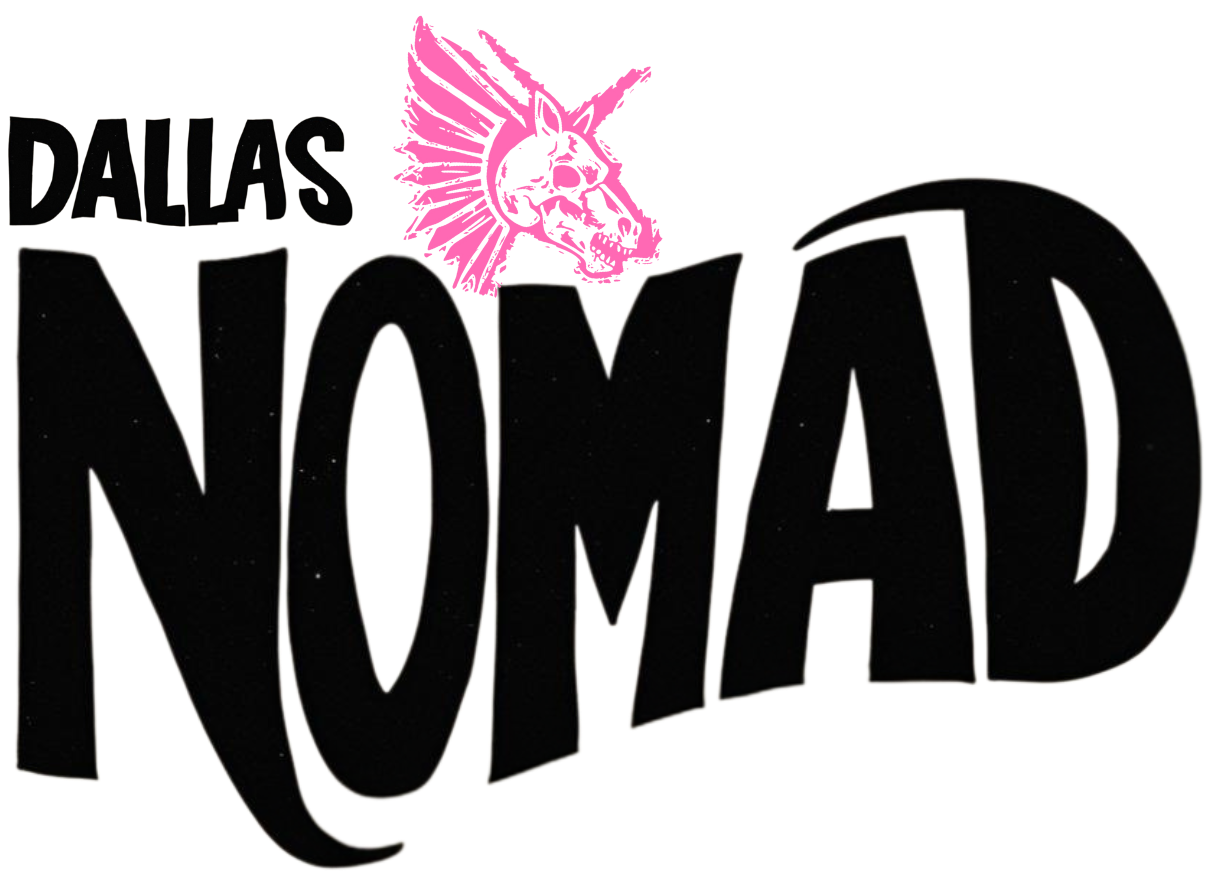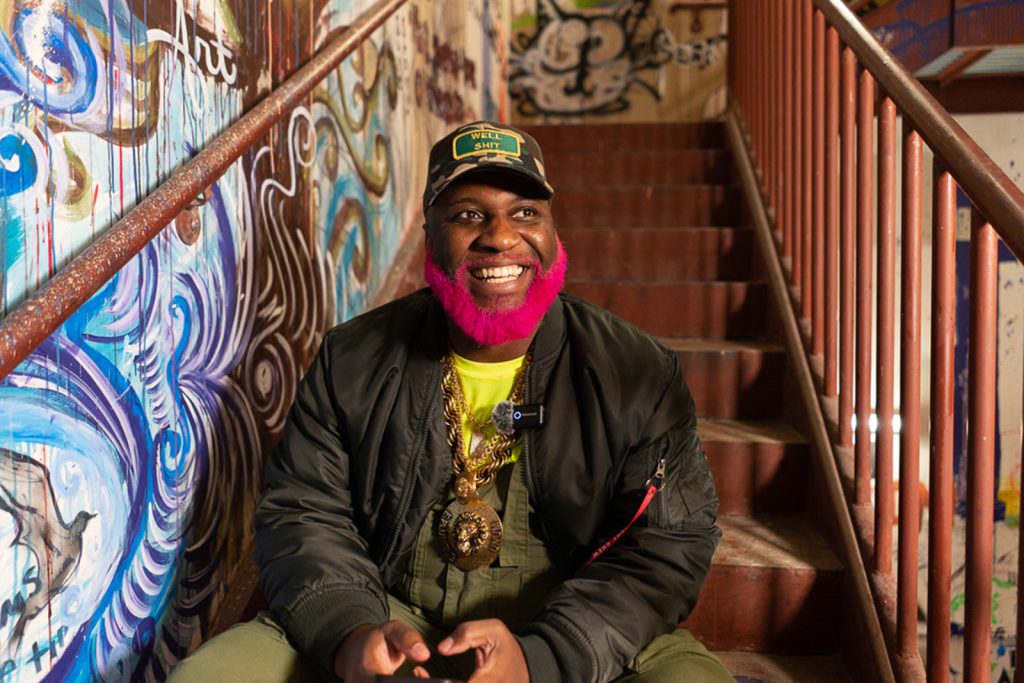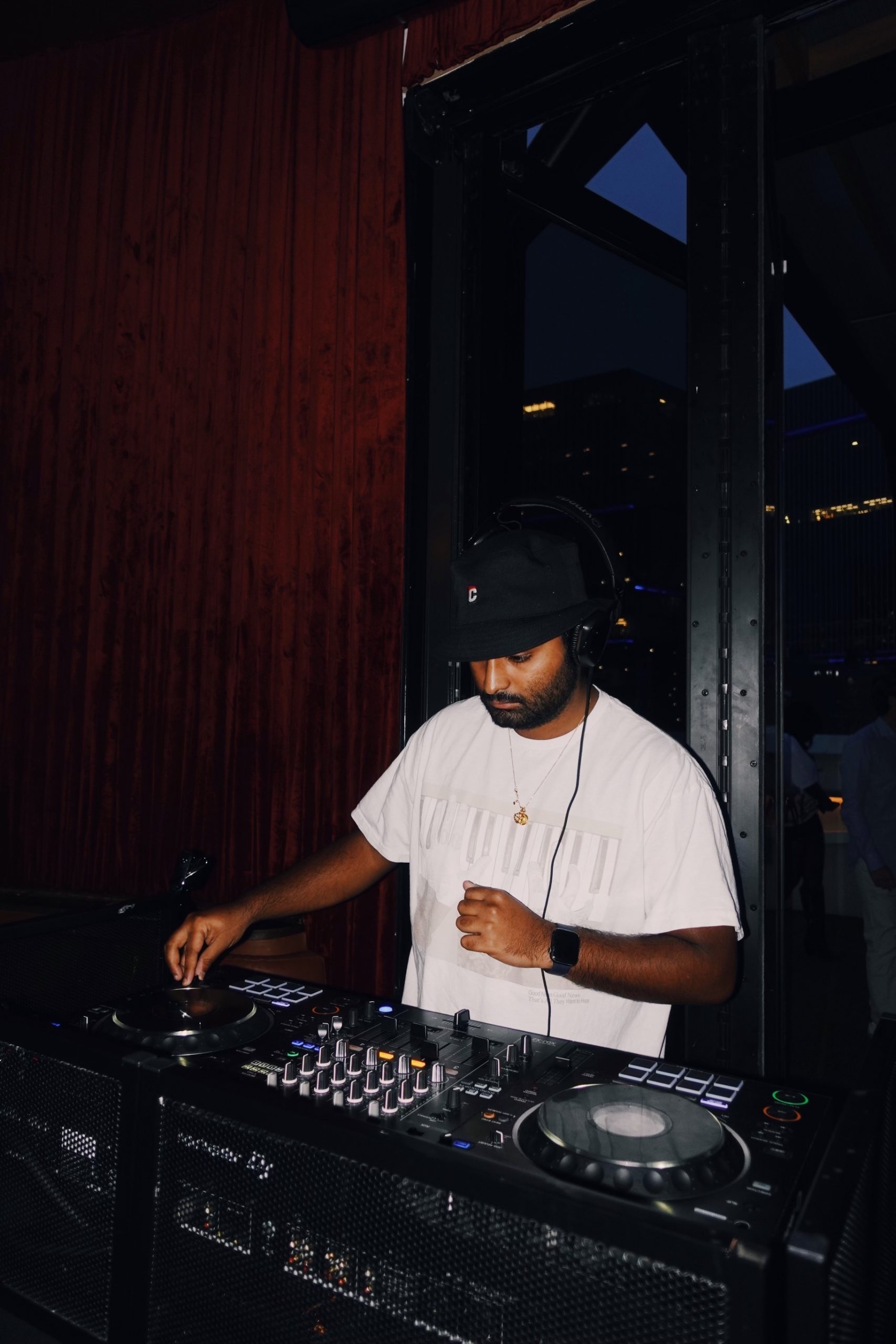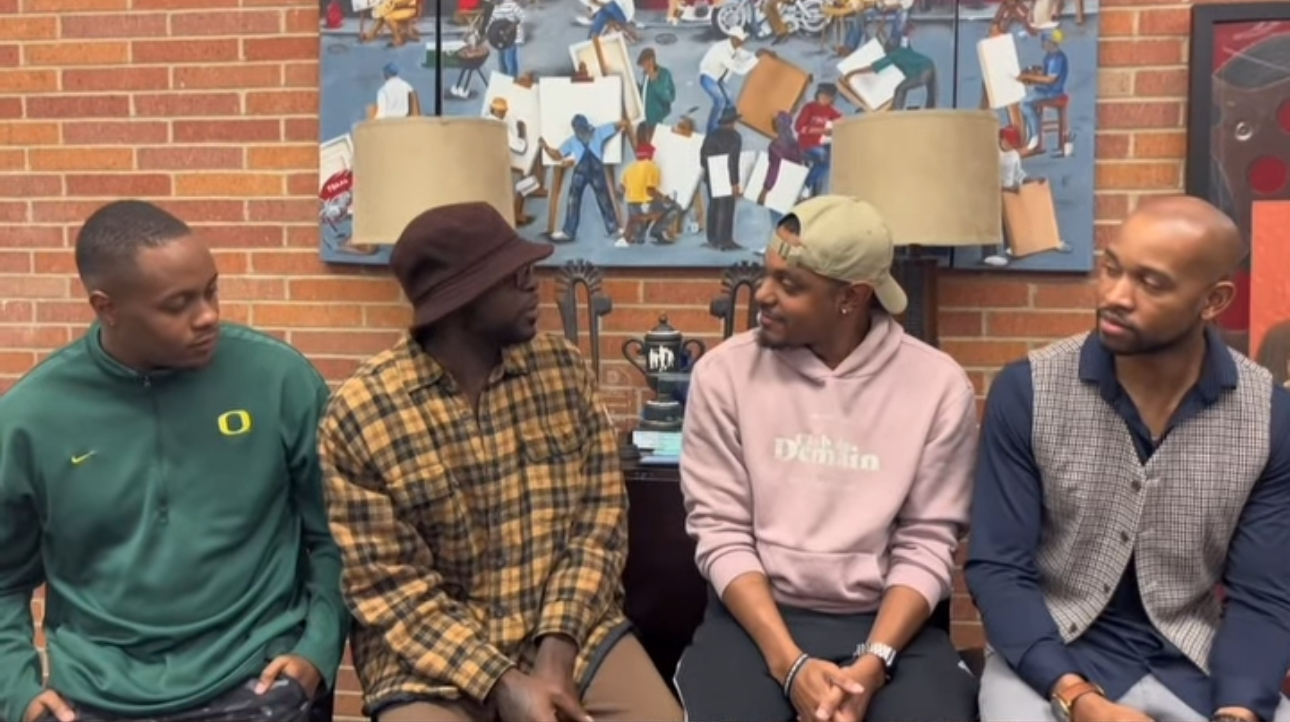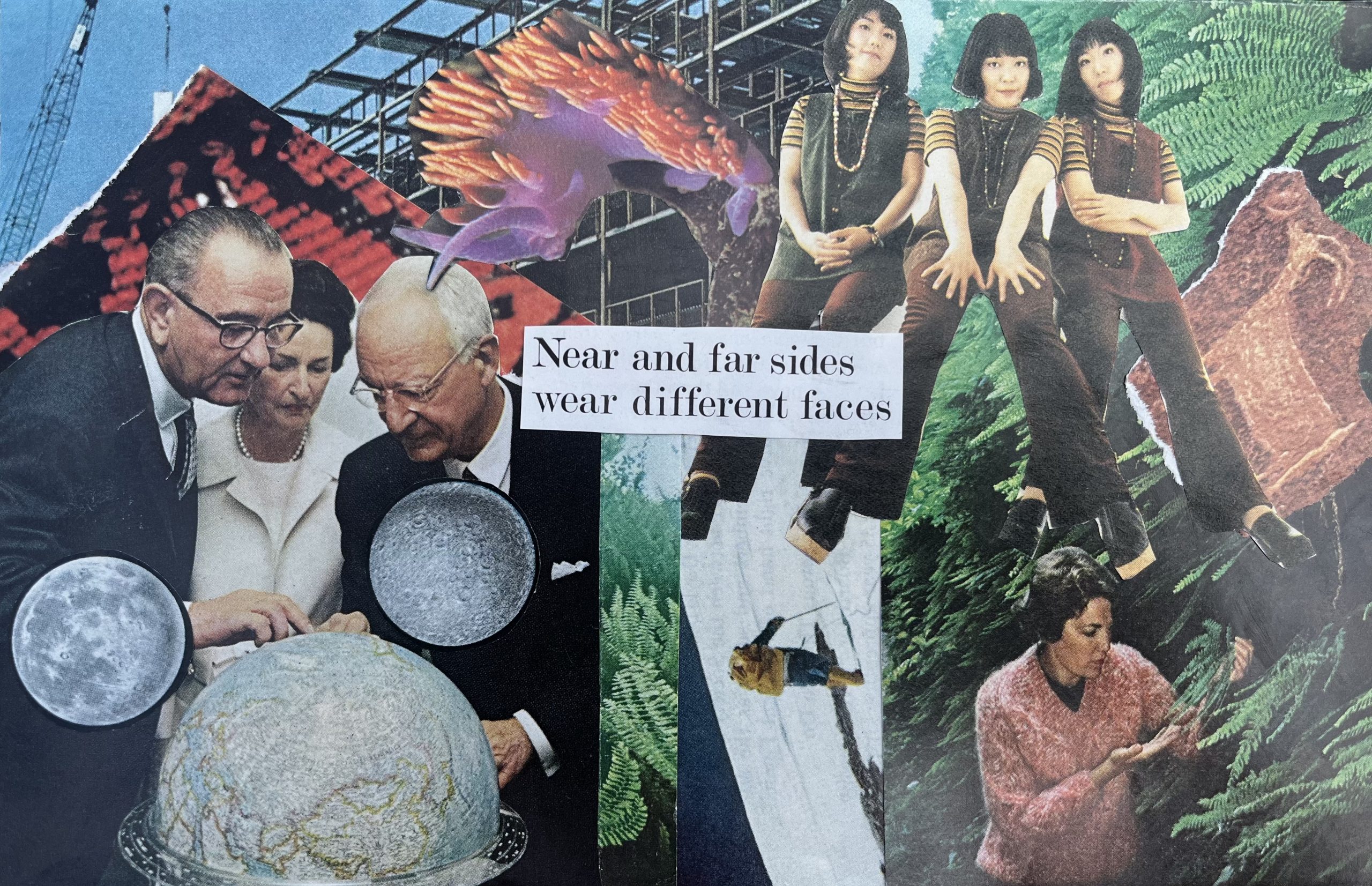Like archers who flipped a threat into a battle cry, Pynk Beard arrives at Rooted In Rhythm with joy as his weapon. His stage becomes a defiant middle finger to erasure, reclaiming the story of Black resilience in a genre that tried to silence it.
“The song doesn’t belong to me, the song isn’t mine. The song belongs to everyone. I just happened to find it.” These words, spoken by Pynk Beard, resonate with the very soul of the Rooted In Rhythm festival. It’s a gathering that dares to redefine the very essence of country music, a genre often painted with a singular, white stroke, but now bursting with the vibrant hues of Black resilience and reclamation. From the dusty plains of its origins to the digital stages of today, the soundscape is shifting, revealing the rich, diverse roots that have always been there. This resurgence isn’t just a musical evolution; it’s a cultural reclamation and a powerful form of protest.
The history of country music is deeply intertwined with the Black American experience. The banjo, a cornerstone of early country, originated from West African instruments. Black string bands were integral to the genre’s formative years, and artists like DeFord Bailey, a harmonica virtuoso, were early stars of the Grand Ole Opry. Yet, as the genre became commercialized, Black contributions were systematically erased, leaving a narrative dominated by white artists.
But even before Beyoncé’s groundbreaking “Cowboy Carter” album, and before the recent attention on artists like Shaboozey, Black artists were carving out spaces within the genre. Pioneers like Charley Pride, who faced immense racism, paved the way for future generations. Now, a new wave of artists is emerging, unapologetically embracing their heritage and challenging the genre’s traditional boundaries.
“That’s what Black joy is. It’s a ‘fuck you’ to everyone who tries to stop us.” – PYNK BEARD
This isn’t just about music; it’s about visibility and resistance. In a time of heightened racial tensions, Black country artists are using their platforms to assert their presence and reclaim their rightful place in the narrative. Their music becomes a form of activism, a powerful declaration that they will not be silenced or erased.

This reclamation is made even more poignant by the recent perceived snub of Beyoncé at the CMA Awards. Despite her critically acclaimed “Cowboy Carter” album, which has sparked a global conversation about the genre’s origins and its current state, the CMA’s lack of nominations has been seen by many as a continuation of the genre’s historical exclusion of Black artists. This omission underscores the very issues that Rooted In Rhythm seeks to address: the need for greater representation and recognition of Black contributions to country music.
This spirit of reclamation and celebration will be on full display at the Rooted In Rhythm music festival, set to take place on April 19, at Tupps Brewery in McKinney, TX. Organized by the Millennial Maven Creative Foundation, an organization dedicated to empowering women and youth in the creative space, the festival aims to highlight the diverse voices within country music, fostering a sense of community and connection.
“Rooted in Rhythm is more than just a festival; it’s a celebration of culture, creativity, and community,” says Valese Jones, Founder of the Millennial Maven Creative Foundation. “My inspiration comes from being from Birmingham, AL, the home of the civil rights movement and some of the most resilient people I know. I was raised to be the change I want to see, and that’s exactly what I’m doing.”

Headlining the festival is Pynk Beard. A Grammy-winning songwriter, he is now stepping into the spotlight, bringing his unique blend of soul and country to the forefront. Describing himself with a playful mix of sincerity and humor as “Singer, Sucker, country motherfu- nevermind man,” he spoke passionately about his journey and the importance of sharing his music with the world, especially now. He sees his art as a form of protest, a celebration of Black joy in a space that has historically excluded it.
“It’s not about the genre; a genre is just a category,” Pynk Beard told The Nomad. “There are only two songs. Either I love you, or I used to love you. I might sing it differently from the white woman, or the Chinese man, but there have only ever been two songs.” When asked what attendees could expect of his set at the festival, he answered, “I plan to bring joy. We’re going to dance and that smile will be on full display. That’s my version of protest, showing all 32 of my teeth.”
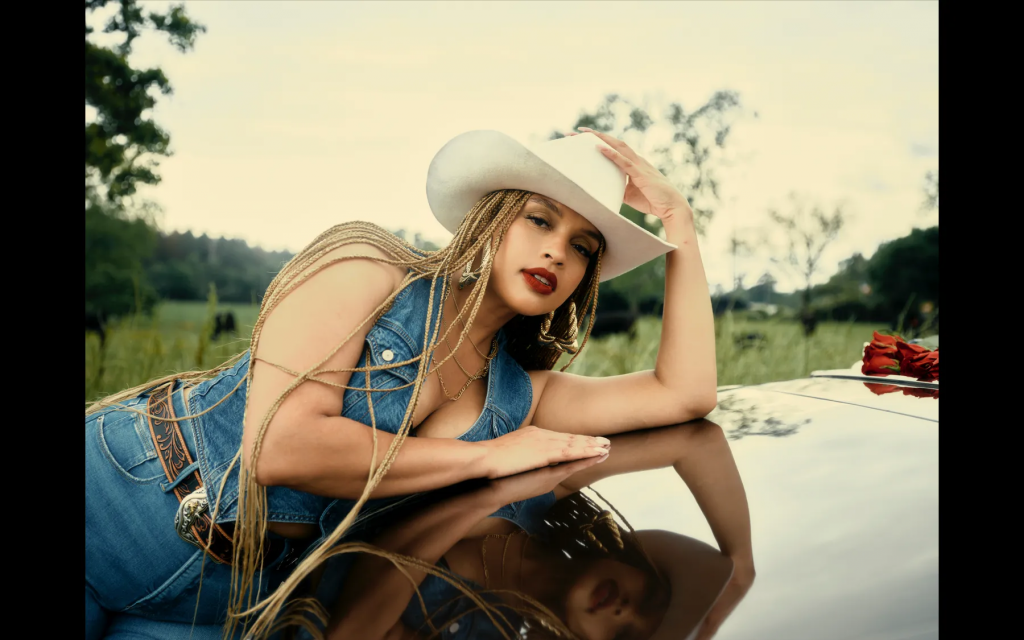
He then illustrated his point with a powerful historical allegory, recounting the story of bowmen at the Hundred Years’ War Battle of Agincourt in 1415. Legend has it that the French threatened to cut off the drawing fingers of captured English archers, preventing them from using their longbows. However, the English won a decisive victory, and the archers defiantly displayed their middle fingers, a gesture of resilience. Pynk Beard uses the story to illustrate a powerful point: “That’s what Black joy is,” he declared, “It’s a ‘fuck you’ to everyone else…anyone who doesn’t want to see us happy.”
He also shared a poignant story from a recent performance, recounting how a young Black boy, amidst the joyous crowd, tugged on his mother’s sleeve and pointed towards a little white girl dancing nearby. “Mommy, can I dance with her?” he asked, his voice laced with innocent uncertainty. The mother, her heart aching at the unspoken question, inquired, “Why do you ask?” The boy’s simple, devastating response, “Because she’s white,” hung in the air, a stark reminder of the ingrained divisions that still persist. Pynk Beard, visibly moved as he shared this memory, spoke of the power of music to dismantle these barriers.
“The song belongs to everyone.” – PYNK BEARD
“Genre separates and categorizes,” he said, his voice thick with emotion, “but at the end of the day, there are only two songs. There have only ever been two songs. Either I love you or I used to love you.” He sees his music as a bridge, a way to connect hearts regardless of color or background. “The song doesn’t belong to me, the song isn’t mine. The song belongs to everyone. I just happened to find it,” he stated, adding with a wink, “but I’ll take the checks for the song, though.” His words resonate with the festival’s mission: to highlight the richness and diversity of country music, showcasing artists like Honky Tonk Mariachi artist, Stephanie Urbina Jones, Mississippi native, Elsie, The Kentucky Gentlemen, and Valerie Ponzio, each bringing their unique sound and story to the stage.
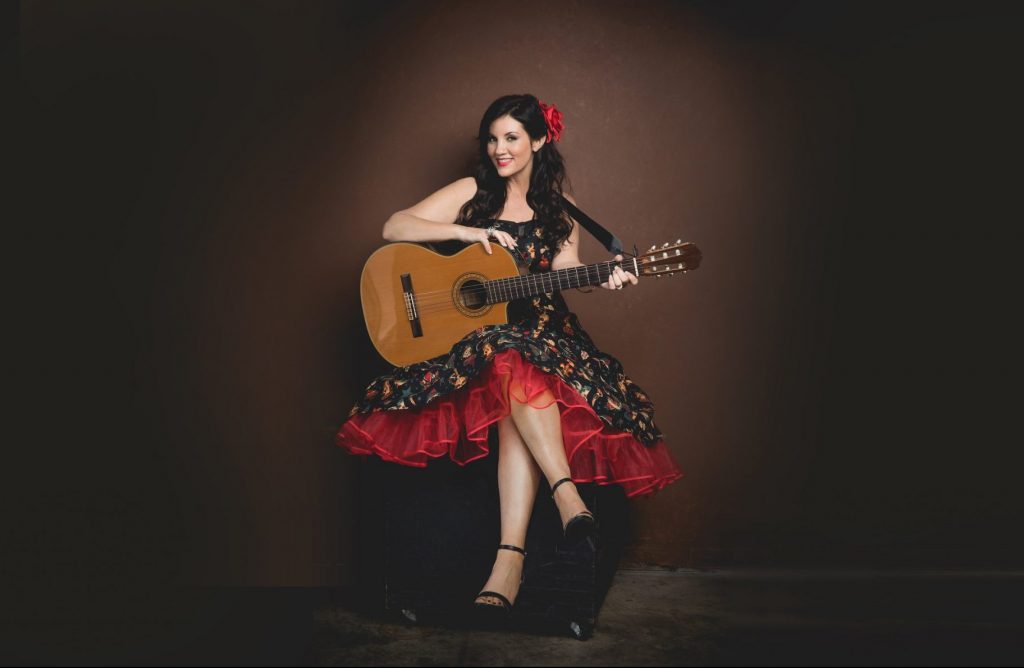
“Choosing Pynk Beard to headline the festival was an obvious choice for me; we both share the same roots in Birmingham, and I love supporting anyone from my hometown who is making great strides. I hope attendees leave feeling uplifted, connected, and inspired to embrace their own creativity. Together, we can amplify these voices and showcase the beauty of diversity in not only country music but this country,” says Jones.
Rooted In Rhythm is more than just a concert; it’s a cultural moment. The festival will also feature an art exhibit focused on environmental and social justice, adding depth and meaning to the celebration. It’s a space for community connection, where music lovers, artists, and activists can come together to celebrate the power of music to inspire change.
The Dallas Nomad, with its Afropunk ethos, is proud to support events like Rooted In Rhythm. We believe in amplifying diverse voices and perspectives, shining a light on the stories that other outlets often ignore. This festival is a testament to the resilience and creativity of Black artists, and a reminder that country music, like America itself, is a tapestry woven from many threads. As we look to the future, we must continue to celebrate and uplift these voices, ensuring that the genre’s rich history is finally told in its entirety.
